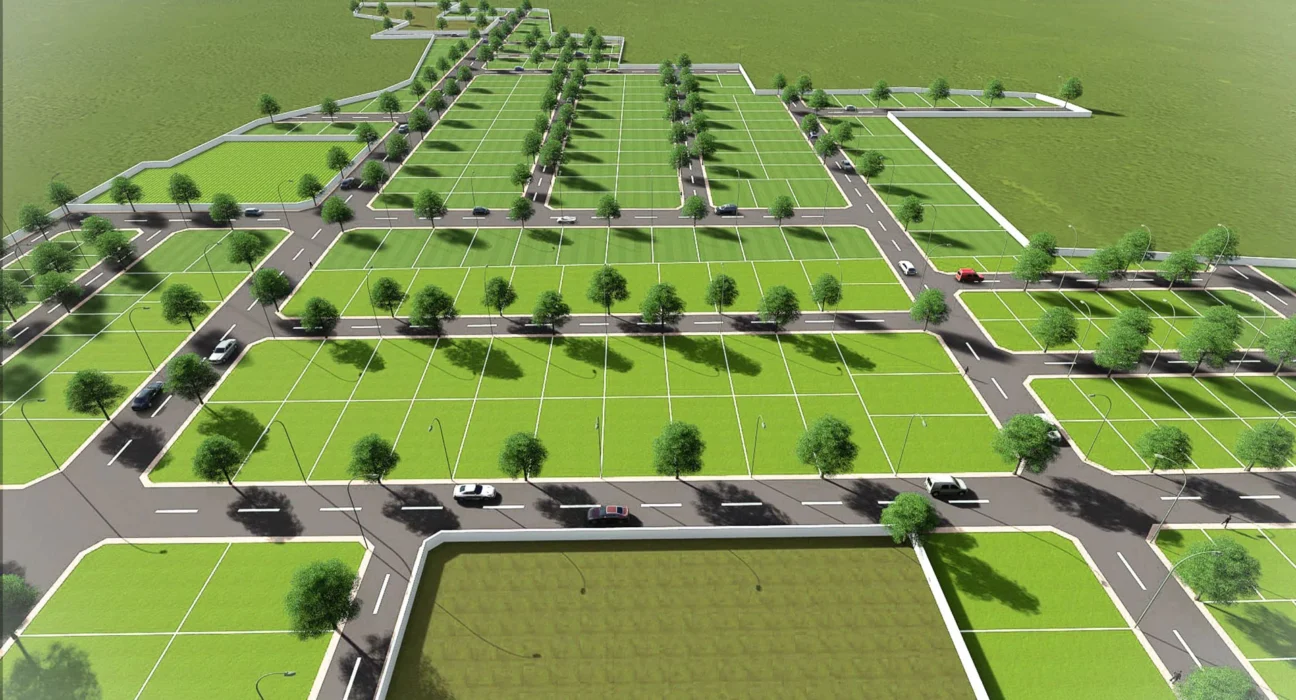It is frequently like a dream come true when someone is ultimately given a plot by the Delhi Development Authority (DDA). After all, DDA plots are supported by a government agency and are thought to be a safe, long-term investment. However, what if such allocation is unexpectedly threatened? Is it possible for the DDA to genuinely revoke your plot assignment? Despite being disconcerting, the answer is yes—but only in specific circumstances. Nonetheless, there are regulations and protections in place, and if you act sensibly and promptly, you do have rights as an allottee that may help you stay safe.
Why an Allotment May Be Cancelled by DDA for a 2BHK Apartment
The Delhi Development Authority (DDA), being a statutory body, holds the right to cancel an allotment of a 2BHK apartment if the allottee fails to comply with the stipulated terms and conditions. Common reasons for cancellation include:
- Misuse of property
- Submission of false or fake documents
- Non-compliance with building regulations
- Failure to make payments within the specified time
Additionally, if required documents such as the transfer deed aren’t registered on time, or if there’s a delay in taking possession, DDA may issue a cancellation notice.
The Procedure Prior to Cancellation
However, cancellation is not a random action. Before rescinding any allocation, DDA must adhere to due procedure. In order to provide the allottee an opportunity to reply or address the matter, a show-cause notice is often delivered first. DDA will only proceed with cancellation if the allottee does not act, disregards numerous reminders, or keeps breaking the rules. This technique guarantees that cancellations are based on confirmed facts and legal procedure rather than being made on a whim.
The Right to Appeal
This is where your rights are important. You have the right to file an appeal if you believe you have been treated unfairly or if you get a cancellation notice. Within the time frame specified in the notification, you can immediately submit a representation to the DDA. If they feel the cancellation was handled improperly or without cause, many people might go to the Delhi High Court or consumer courts. Courts have frequently decided in favour of allottees, particularly where it is demonstrated that the DDA acted improperly.
The potential for plot restoration
It’s also critical to recognise that cancellation does not necessarily imply irreversible loss. In certain plans, DDA may permit restoration upon payment of a penalty or after completing outstanding requirements if the plot is terminated because of payment delays or document problems. However, this is not a given and depends on the specific plan and rules that are in place at the moment.
Conclusion: There are obligations associated with the sense of security that comes with owning a DDA property. Even though it’s a drastic measure, cancellations aren’t done carelessly or without cause. You may safeguard your investment by keeping up with the regulations, fulfilling all commitments, and quickly answering notices. Additionally, keep in mind that you have legal rights and remedies in case problems should develop. Ultimately, the ideal method to guarantee that your DDA allocation stays secure and uncontested is to be aware of both your obligations and your safeguards.







